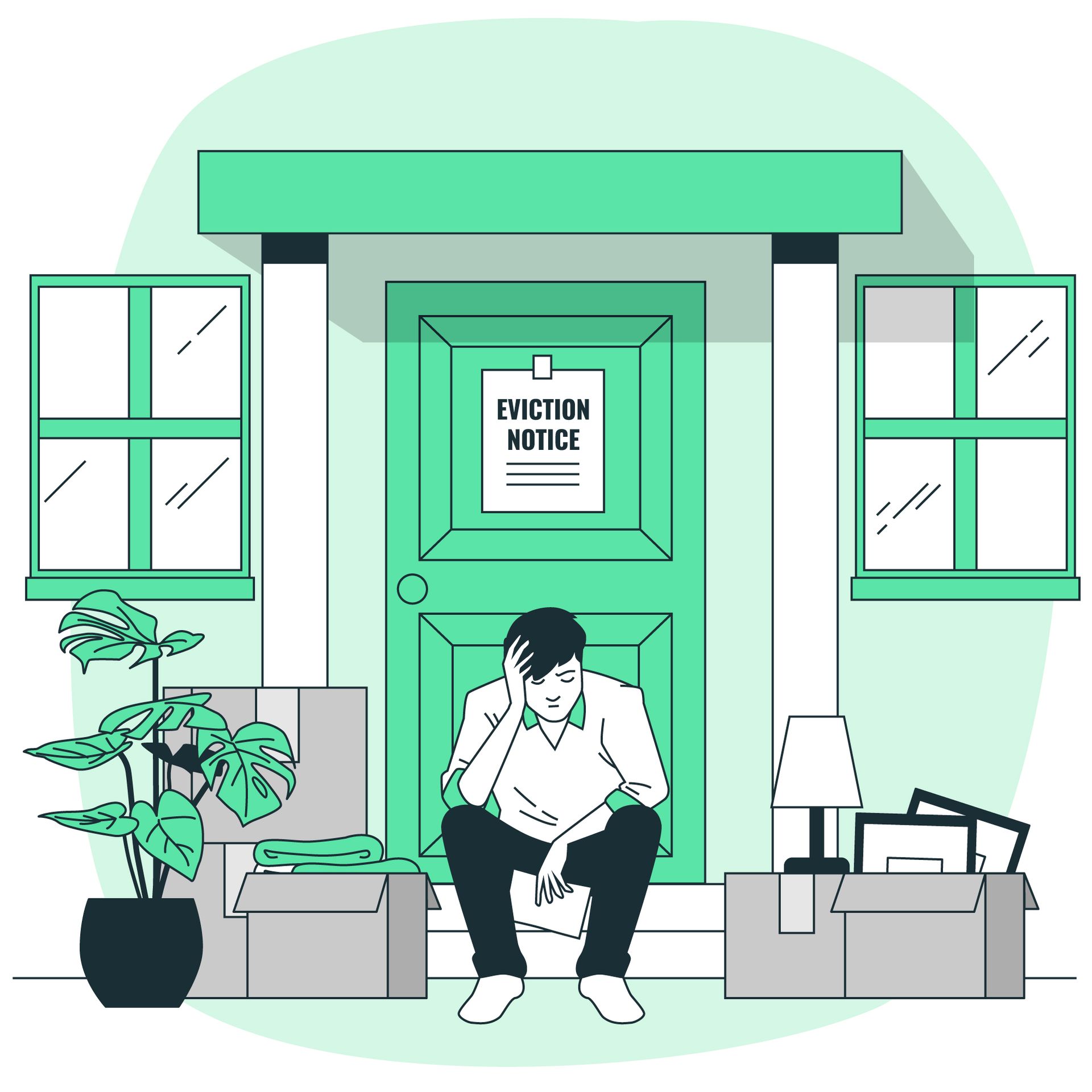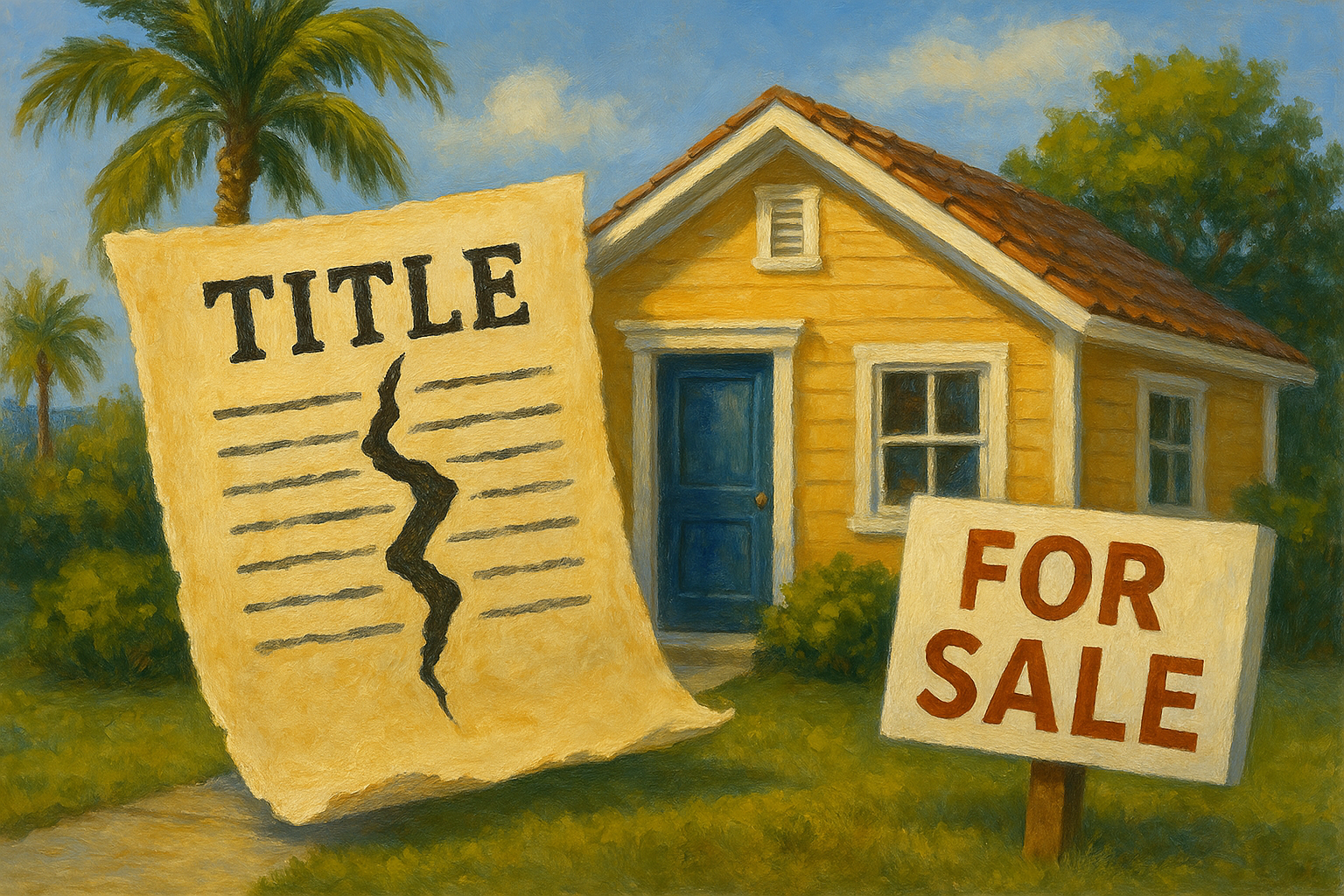Navigating a Short Sale in Florida: A Seller’s Guide
When Selling for Less Might Be the Right Move
Sometimes, life throws curveballs—job loss, divorce, medical bills, or just the tough reality that your home’s value dropped and now you owe more than it's worth. If you’re feeling stuck with a mortgage you can’t afford and little to no equity, a short sale might be your best way out.
In this Florida short sale guide, we’ll break down when a short sale makes sense, how to work with your lender, what the process actually looks like, and how 904 Home Buyer can step in to help make it a whole lot easier.
Let’s make this less overwhelming and more doable.
What Is a Short Sale?
A short sale happens when you sell your home for less than what you owe on your mortgage—but with your lender’s approval. That’s the big catch: the bank has to sign off on it.
The reason it’s called a “short” sale is because the lender is agreeing to take a “shorter” amount than what’s owed, essentially forgiving the difference or part of it.
It’s not a quick process (ironically), but it can be a lifeline for homeowners who are underwater and trying to avoid foreclosure.
When Does a Short Sale Make Sense?
Short sales are usually the right fit when:
Your home is worth less than the loan balance
- You’re experiencing financial hardship—like job loss, divorce, illness, or death in the family
- You’ve fallen behind on payments or are about to
- Foreclosure is looming, and you want to get out before it hits your credit even harder
- You can’t refinance or modify the loan
The goal is to work with your lender, not against them. Lenders would often rather agree to a short sale than go through a costly foreclosure. But they’ll want to see evidence that this is your best and only realistic option.
The Role of the Lender in a Short Sale
Because your lender is taking a loss, they’ll need to approve every step of the deal. That includes:
Reviewing your hardship letter
- Analyzing the home’s current market value
- Approving the buyer’s offer
- Deciding whether to forgive the remaining balance (sometimes called a “deficiency”)
That’s why it helps to work with a buyer who understands short sales—someone who knows how to communicate with lenders, provide necessary paperwork, and follow through on the offer.
What’s a Hardship Letter?
This is your opportunity to explain why you can’t keep the home. Think of it as your case to the bank.
What to include:
- Your current situation (job loss, medical bills, etc.)
- Proof of income and monthly expenses
- Why a short sale is necessary
- Why you can’t refinance or catch up on payments
Honesty matters. Lenders don’t want sob stories—they want real, verifiable facts. But showing your vulnerability and hardship clearly and respectfully can go a long way.
The Short Sale Process (Step by Step)
Here’s how it typically works in Florida:
- Hire a professional or contact a buyer experienced in short sales
- Gather documentation – tax returns, pay stubs, mortgage statements, hardship letter
- List the home or accept an offer from a cash buyer like 904 Home Buyer
- Submit the offer and short sale package to your lender
- Wait for lender approval – this can take anywhere from 30 to 90+ days
- Close the sale – lender gets the agreed-upon payoff, and you walk away from the debt
It’s not a guaranteed process, and there’s no “standard” timeline. But working with the right buyer can make things smoother.
How 904 Home Buyer Can Help Speed Things Up
Short sales can drag—especially if buyers back out, banks stall, or paperwork isn’t handled properly.
That’s where 904 Home Buyer steps in.
- We make fair, fast offers on homes that qualify for short sales
- We’ve worked with lenders across Florida, so we know how to keep things moving
- We help gather documents, communicate with banks, and coordinate with title companies
- You won’t need to repair or clean up the property—we buy homes as-is
- If foreclosure is close, we’ll act quickly to help stop the clock
In short, we take the pressure off and help you avoid common pitfalls—no listings, no showings, no buyer dropouts.
Real-World Example
A homeowner in Jacksonville contacted us after losing their job. They owed $285,000 on a home that appraised for $230,000. Foreclosure letters were starting to arrive. Their agent hadn’t gotten any serious offers, and the lender wasn’t responding.
We stepped in with a clean cash offer, handled all the communication with their loan servicer, and submitted the full short sale packet. In six weeks, the lender approved the sale. The homeowner walked away without foreclosure on their record—and was able to rent a smaller place while getting back on their feet.
What Happens to the Deficiency?
That depends on your lender and the terms of your short sale agreement.
Some lenders will waive the deficiency (the remaining balance after the sale). Others might try to collect part of it—or issue a 1099-C, which treats the forgiven debt as taxable income.
Always talk to a real estate attorney or tax professional before finalizing the deal. We can connect you with trusted professionals if you don’t already have someone.
Final Thoughts
Selling your home through a short sale can feel intimidating—but it’s often the smartest way to avoid foreclosure, protect your dignity, and move forward financially.
It takes teamwork. It takes paperwork. And it takes a buyer who knows the ropes.
At 904 Home Buyer, we work with Florida homeowners in tough situations every day. If your mortgage is upside down and you’re out of options, you’re not alone—and there’s still time to take control.
Want to explore a short sale with no pressure and no cost? Reach out to us today. We’re here to help you find a way out that actually works.

Salim Omar
Salim is a straight-talking CPA with 30+ years of entrepreneurial and accounting experience. His professional background includes experience as a former Chief Financial Officer and, for the last twenty-five years, as a serial 7-Figure entrepreneur.









